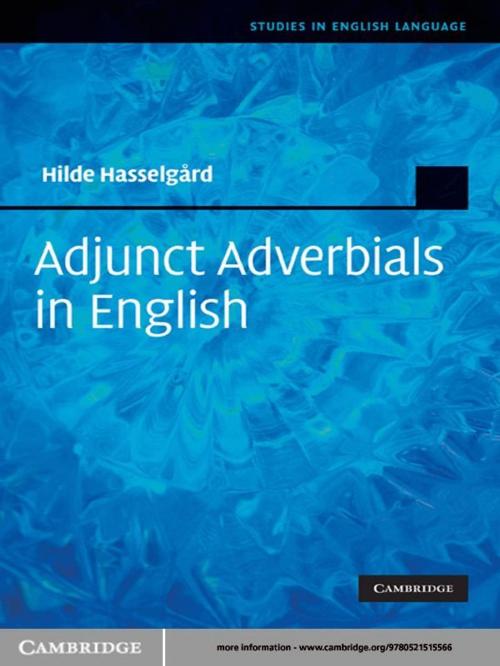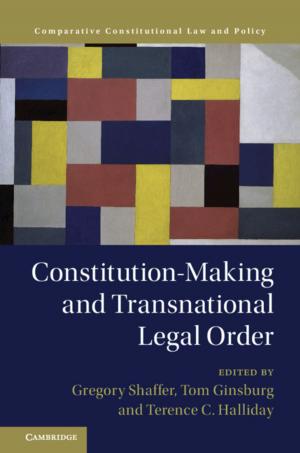| Author: | Hilde Hasselgård | ISBN: | 9780511739484 |
| Publisher: | Cambridge University Press | Publication: | February 25, 2010 |
| Imprint: | Cambridge University Press | Language: | English |
| Author: | Hilde Hasselgård |
| ISBN: | 9780511739484 |
| Publisher: | Cambridge University Press |
| Publication: | February 25, 2010 |
| Imprint: | Cambridge University Press |
| Language: | English |
In this original study, Hilde Hasselgård discusses the use of adverbials in English, through examining examples found in everyday texts. Adverbials - clause elements that typically refer to circumstances of time, space, reason and manner - cover a range of meanings and can be placed at the beginning, in the middle or at the end of a sentence. The description of the frequency of meaning types and discussion of the reasons for selecting positions show that the use of adverbials differs across text types. Adverbial usage is often linked to the general build-up of a text and part of its content and purpose. In using real texts, Hasselgård identifies a challenge for the classification of adjuncts, and also highlights that some adjuncts have uses that extend into the textual and interpersonal domains, obscuring the traditional divisions between adjuncts, disjuncts and conjuncts.
In this original study, Hilde Hasselgård discusses the use of adverbials in English, through examining examples found in everyday texts. Adverbials - clause elements that typically refer to circumstances of time, space, reason and manner - cover a range of meanings and can be placed at the beginning, in the middle or at the end of a sentence. The description of the frequency of meaning types and discussion of the reasons for selecting positions show that the use of adverbials differs across text types. Adverbial usage is often linked to the general build-up of a text and part of its content and purpose. In using real texts, Hasselgård identifies a challenge for the classification of adjuncts, and also highlights that some adjuncts have uses that extend into the textual and interpersonal domains, obscuring the traditional divisions between adjuncts, disjuncts and conjuncts.















